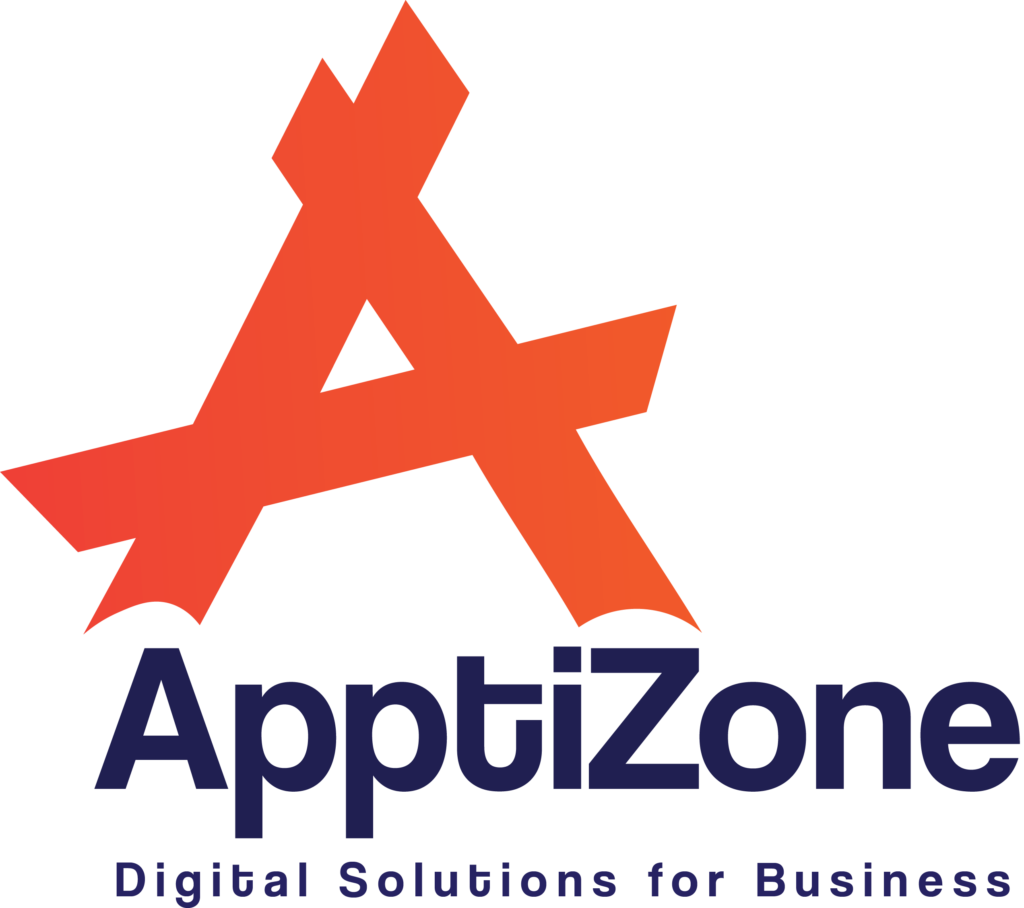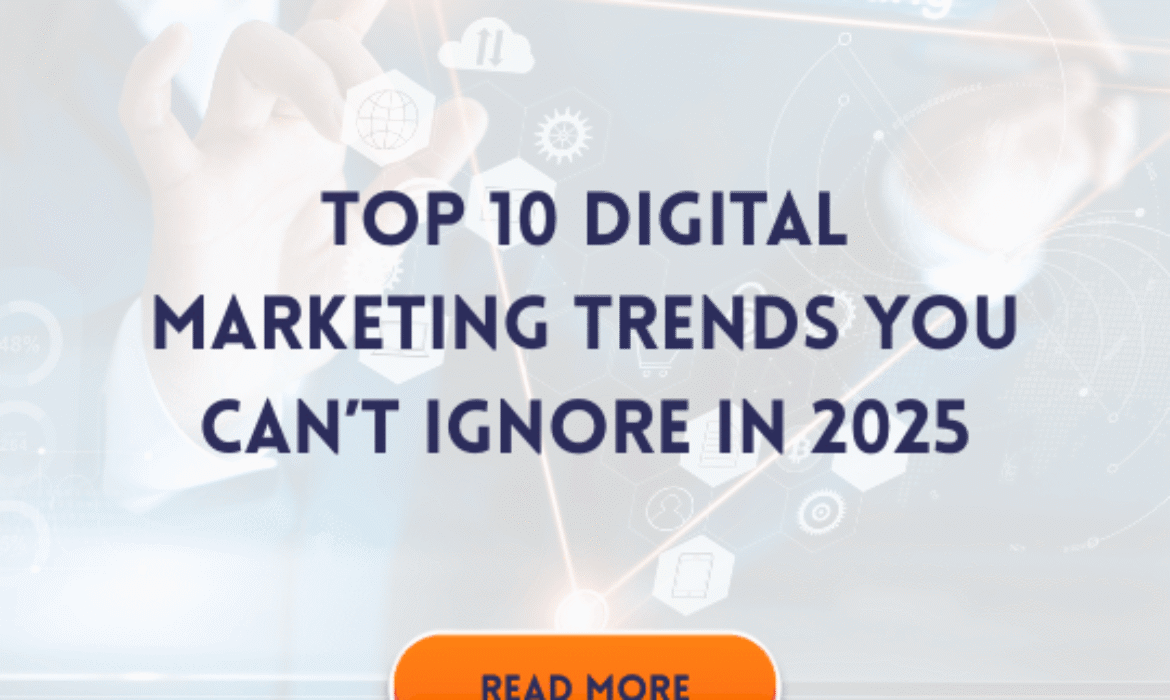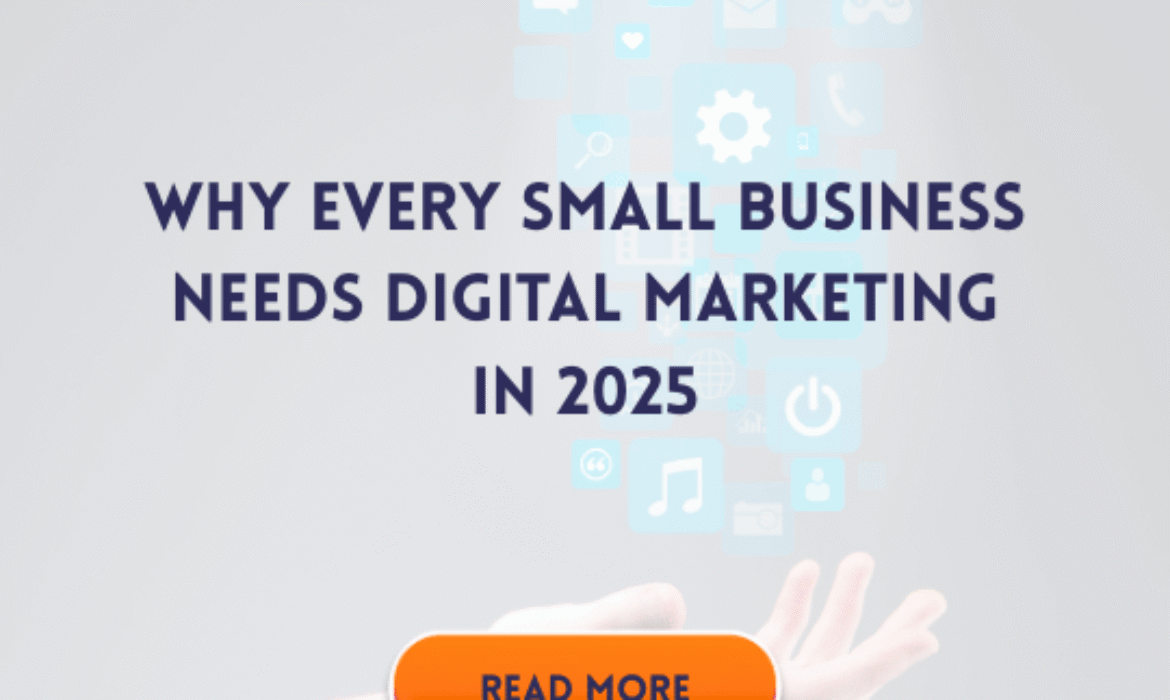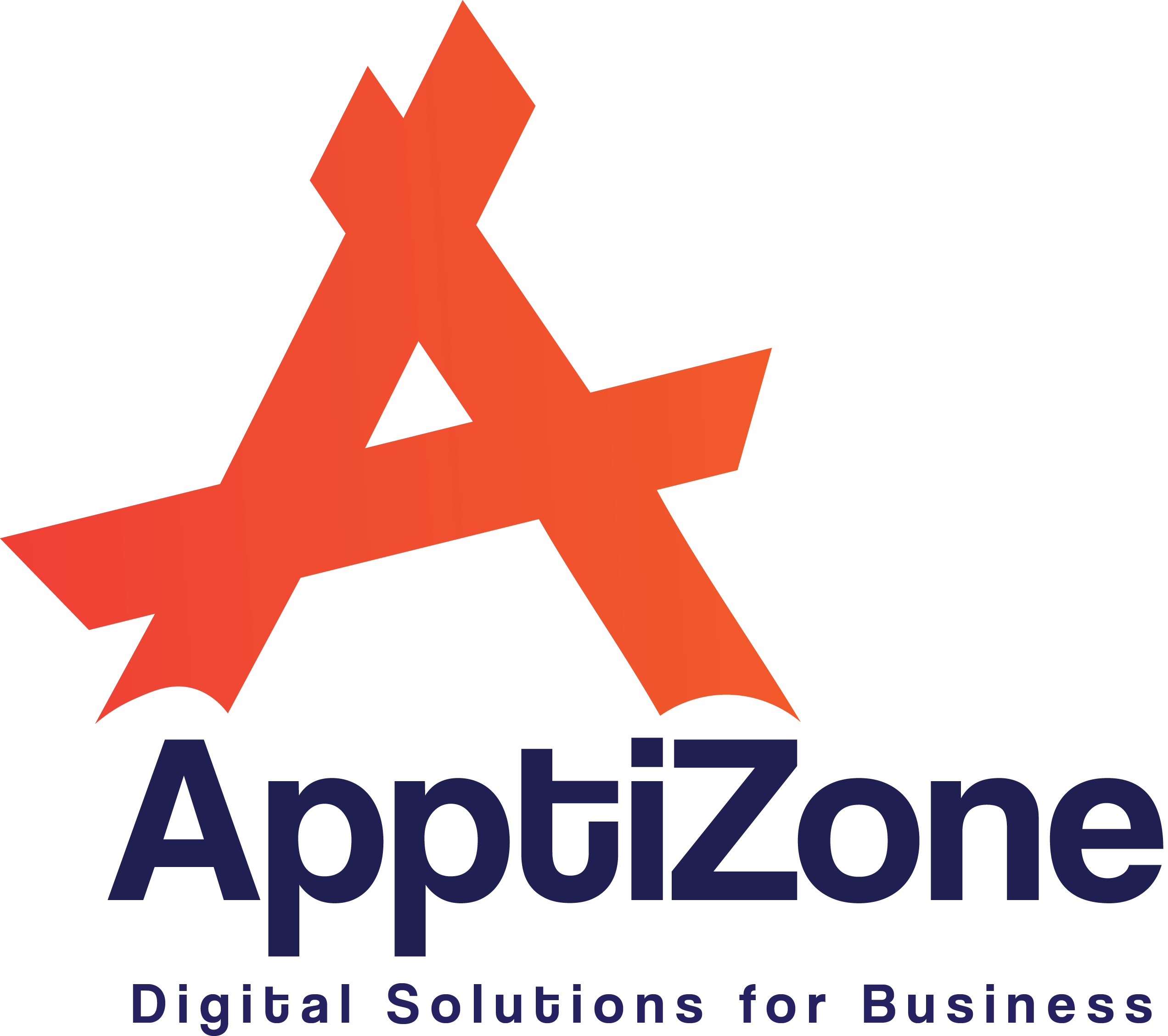How to Choose the Right Digital Marketing Agency for Your Business
With the fast-paced digital world of today, the right marketing strategy can drive your business and reach your target audience. Yet with a plethora of digital marketing agencies at your command, choosing the right one has you lost. If you are a startup or an emerging brand, it is extremely essential to possess a digital marketing partner who is in synergy with your business aspirations.
1. Define Your Goals Clearly
Before going to visit any agency, determine what you want to accomplish. Do you require additional website visitors, leads, SEO placements, social followers, or online sales? Have precise, quantifiable goals so that you can explain your requirements and determine whether an agency can fulfill them.
2. Verify Their Areas of Specialization
Not all online marketing agencies do the same things. Some are SEO specialists, some are social media marketers, some do PPC, some do email marketing, or some create content. Make sure that the agency you choose is a specialist in the service you require. An agency that has experience in more than one channel will also be able to assist you in creating integrated campaigns.
3. Review Their Portfolio and Case Studies
They should have a solid portfolio and written references. Check their work to determine if they have done work for companies in the same type as yours. Identify hard numbers: increased site traffic, increased conversions, or better search engine ranking. That gives you a vision of what they can do and understand in your company.
4. Know Their Methodology and Strategy
Ask them about their planning and implementation of marketing campaigns. A good agency should develop strategies depending on your business objectives, target audience, and industry trends. Avoid cookie-cutter agencies. They should also be forthcoming on their processes, tools, and report practices.
5. Ask About Team Expertise
Learn about who is on your account. What are they certified in? Are they familiar with your market? Success for an agency truly does come down to people. A team of certified professionals (e.g., Google Ads, HubSpot, Meta Blueprint) is a definite bonus.
6. Think about Communication and Reporting
Open communication is what makes a successful partnership. How frequently will the agency give you regular updates and reports? Will an account manager be designated to work with you? Will they give you monthly reports with concise KPIs and analysis? The addition of regular reporting ensures accountability and allows you to track ROI.
7. Read Reviews and Testimonials
Verify client testimonials on sites such as Google, Clutch, or LinkedIn. Search for in-depth testimonials that include specific outcomes or experiences. Real-world feedback like this may uncover how active, consistent, and results-oriented the agency is.
8. Establish a Realistic Budget
Know your budget range, and be honest about it. A good agency will suggest packages that fit your budget and objectives. cheaper isn’t always better—paying for a decent agency could yield more long-term ROI.
9. Check Their Online Profile
An online marketing firm themselves should have a great online reputation. Check their website, blog, social following, and SEO ranking. Their own marketing is indicative of how well they understand the virtual world.
10. Begin with Trial or Short-Term Contract
If you’re not sure, begin with a pilot project or short-term agreement. This way, you can observe their performance, communication, and outcome prior to long-term investment.
Top 10 Digital Marketing Trends You Can’t Ignore in 2025
1. AI-Driven Content and Automation
Content creation to customer segmentation is all being automated with AI. ChatGPT, Jasper, and Synthesia are becoming essentials.
Key influence: Increased efficiency, personalization, and delivery speed.
2. Humanized, Real Content
As AI rises to fame, customers yearn for real, human-like experiences. Brands that infuse technology with authenticity build stronger connections.
Key influence: Stronger engagement and brand connection.
3. Voice & Conversational Search Optimization
With smart phones in every hand, voice optimization (natural, question-based sentences) is the hour of need for SEO.
Great influence: Wins in featured snippets and local search exposure.
4. Video Marketing (primarily Short-Form)
TikTok, YouTube Shorts, and Instagram Reels rule. Short, punchy, value-packed videos capture eyeballs.
Great influence: Wins in retention and virality.
5. Social Commerce & In-App Shopping
Consumers are shopping on TikTok Shop, Instagram, and Pinterest—making social sites virtual malls.
Primary effect: Cleaner, simpler consumer experiences and higher sales.
6. Privacy-Focused Marketing
Rules are tightening up, and cookies are being sunset, and so marketers are investing in first-party data, ethical tracking, and user consent.
Primary effect: Future-proofs data strategy and wins credibility.
7. Micro & Nano-Influencer Ascendance
Lesser influencers have more committed, compassionate followers—and deliver stronger ROI than celebrity megas.
Primary effect: Affordable influence with authentic reach.
8. Zero-Click & AI Search SEO
Google and Bing are turning into answer engines. Of greatest importance are no-click result optimization, AI summary optimization, and rich snippets.
Primary Key Impact: Visibility even in the absence of the traditional click.
9: AR & Immersive Marketing
Augmented reality (AR) is enhancing product experiences—especially in beauty, fashion, and home decor.
Primary Key Impact: Greater engagement and lower return rates.
10: Purpose-Driven Marketing
Customers, particularly Gen Z, buy from organizations whose social, environmental, and ethical values they share.
Primary effect: Long-term loyalty due to shared values.
Why Every Small Business Needs Digital Marketing in 2025
By 2025, the virtual environment keeps developing at a high pace, and online marketing is not an obligatory part of small businesses anymore but absolutely necessary.
1. Consumer Behavior is Digital-First
The majority of consumers nowadays begin their shopping experience online — by searching for a product, checking customer reviews, or comparing prices. If you are a business that is not online, you are not present to the majority of your target market.
Stat: More than 80% of consumers search online first before making a purchase (source: Think with Google).
2. Inexpensive Marketing Medium
Online marketing has huge ROI, particularly for small, lean companies with not a lot of money to spend. Google Ads, Facebook Ads, and email marketing enable direct control of targeting and budget, compared to traditional media.
SEO & content marketing: Long-term presence without recurring ad expense.
3. Hyper-Targeted Advertising
Internet channels allow you to target your dream customer by demographics, interests, location, and even behavior. Such targeting dismisses waste spend and boosts conversion rates.
4. Mobile Use is at an All-Time High
The smartphone has become the device of choice for browsing, and local searches such as “best bakery near me” are blazing. If you are not mobile optimized or visible in local search, you’re losing out.
Tip: Get your business listed in Google Business Profile and have a mobile-friendly website.
5. Tracking Performance in Real-Time
Digital marketing gives real-time information, so you will know what is working and what is not. You can thus adjust it right away, rendering the campaign more effective for a specific period.
Use such platforms as Google Analytics, Meta Ads Manager, or email dashboards.
6. Establishes Credibility and Trust for Your Brand
Having an active online presence (social media, a modern website, good reviews) helps build trust with potential customers. People expect a professional digital footprint from any business in 2025.
7. Your Competitors Are Already Doing It
Chances are, your competitors are already using digital marketing to reach your potential customers. If you’re not visible, they are — and they’re getting the business.
8. Enables 24/7 Customer Interaction
From auto-emails to chatbots and automated social media updates, digital marketing enables your brand to be interactive with your audience even when you’re not present.
9. Online Services & E-commerce Are Thriving
Even service companies are using digital channels to provide online consultations, virtual services, or digital goods. This creates new channels of revenue beyond your immediate area.
10. Scalability & Flexibility
No matter if you’re a neighborhood bakery or specialty consultancy, your online marketing grows with you. Begin small, measure progress, and grow — with no massive initial investments.








